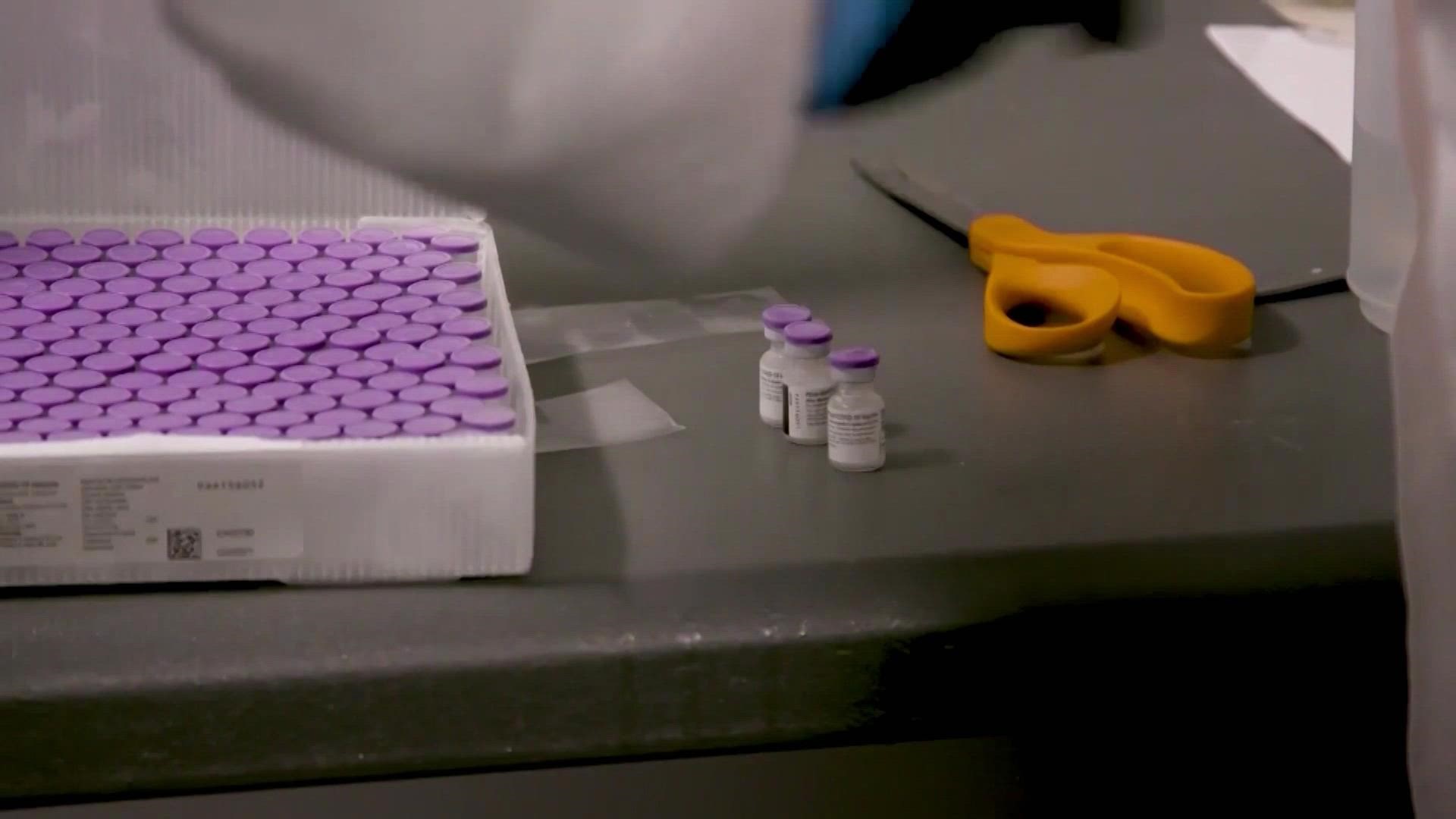ST. PETERSBURG, Fla. — Last week, the FDA authorized Americans at high risk from COVID-19 due to severely weakened immune systems to get a third dose of vaccine in hopes of better protection.
The FDA specifically mentioned transplant recipients and other immunocompromised individuals in its ruling. So far, only the Pfizer and Moderna vaccine is approved for this third shot, not Johnson & Johnson.
The decision only offers the extra dose to those high-risk groups — not the general public.
If you're one of the roughly seven million American adults classified as immunocompromised, you may be wondering where to get that extra dose.
Several national pharmacy chains are now offering those third doses — Walmart, Walgreens, CVS and Publix. And, you can schedule appointments for the extra dose online at each location.
While not mandated, the government encourages the third dose of the vaccine to be the same as the first two.
This extra dose for those at higher risk is different than a "booster shot," but a decision on whether all Americans should get one could soon be made.
The Associated Press reports U.S. experts are expected to recommend COVID-19 vaccine boosters for all Americans, regardless of age, eight months after getting their second dose of the shot, to ensure lasting protection against the coronavirus as the delta variant spreads across the country.
An announcement could come as soon as this week, according to the AP.
For months, officials had said data still indicated that people remain highly protected from COVID-19, including the delta variant, after receiving the two-dose Pfizer or Moderna regimen or the one-shot Johnson & Johnson vaccine. But U.S. health officials made clear Sunday they are preparing for the possibility that the time for boosters may come sooner than later.
The director of the National Institutes of Health, Dr. Francis Collins said because the delta variant only started hitting the U.S. hard in July, the "next couple of weeks" of case data will help the U.S. make a decision.
The Associated Press contributed to this report.

